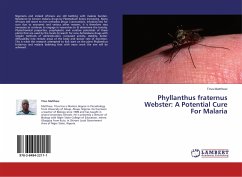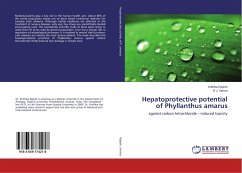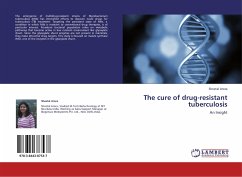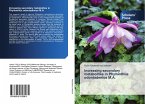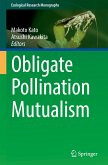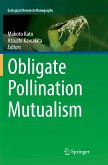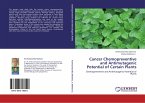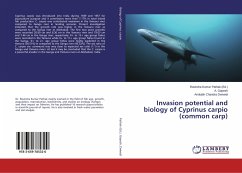Nigerians and indeed Africans are still battling with malaria burden. Resistance to known malaria drugs by Plasmodium keeps increasing. Many Africans still resort to non orthodox drugs ( concoctions, infusions etc) for cure due to economic and various other reasons. It is therefore very necessary to continue to engage in researches to (i) determine the toxicity, Phytochemical properties, prophylactic and curative potentials of these plants that are used by the locals (ii) search for new Antimalaria drugs with simpler methods of administration, increased activity, stability, better diffusability into remote areas of the body and slower rate of excretion. This is what this research attempted to kick start on the plant Phyllanthus fraternus and malaria believing that with more work the aim will be achieved.
Bitte wählen Sie Ihr Anliegen aus.
Rechnungen
Retourenschein anfordern
Bestellstatus
Storno

